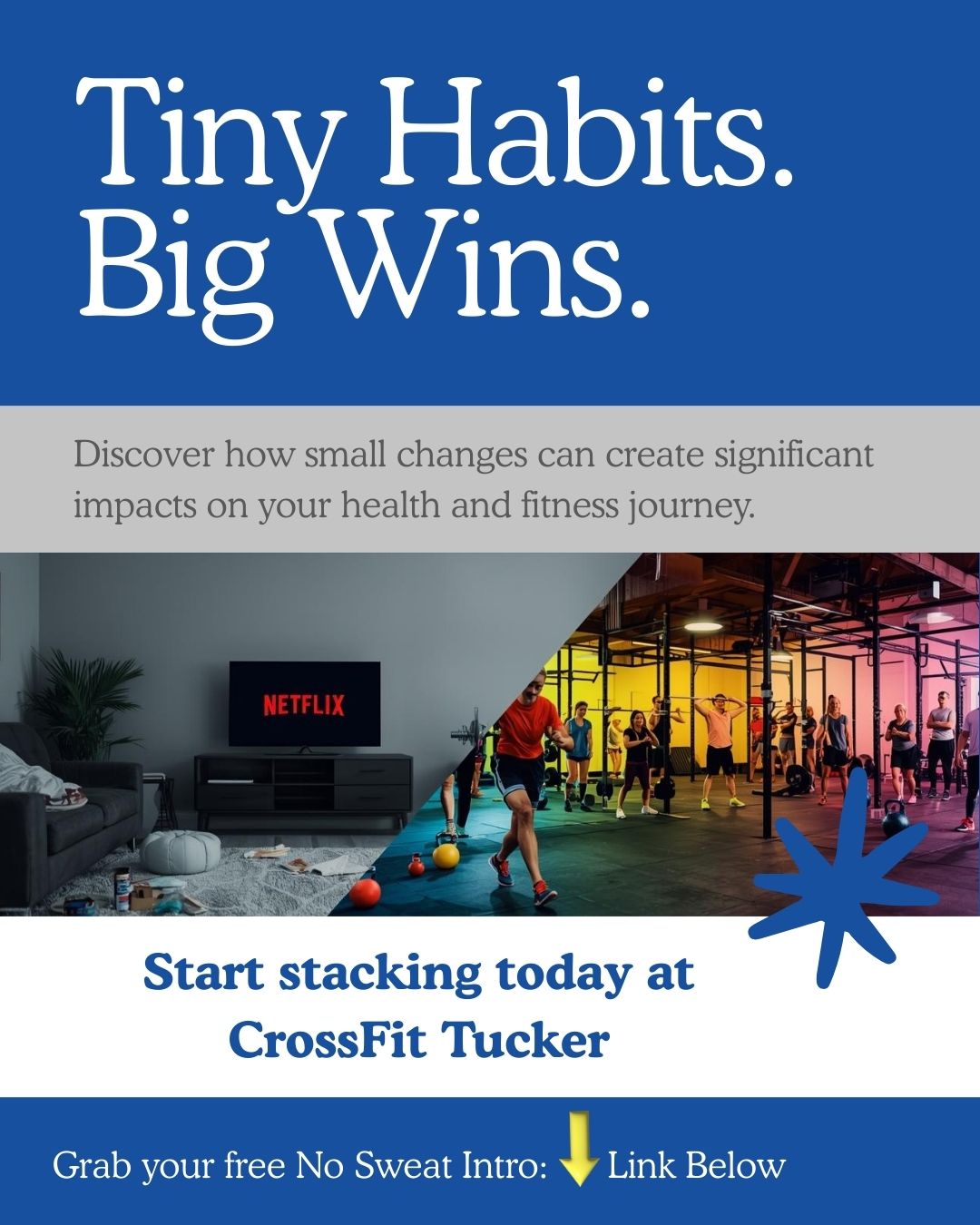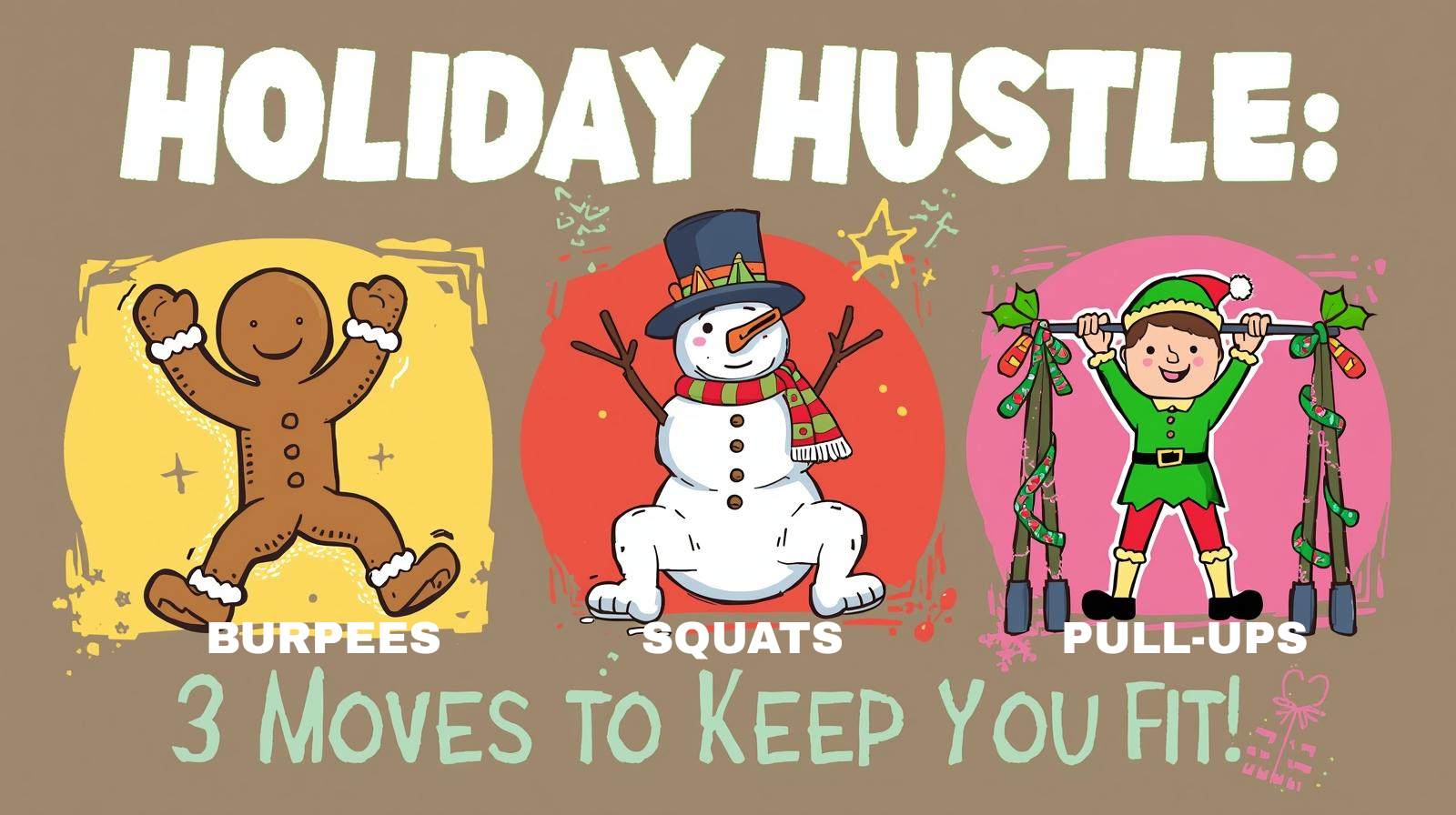By clicking “Accept All Cookies”, you agree to the storing of cookies on your device to enhance site navigation, analyze site usage, and assist in our marketing efforts. View our Privacy Policy for more information.
From Setback to Setup: Training Smart with an Injury
Torn meniscus didn’t mean game over — it meant train smarter. I kept moving safely, protected my strength and mindset, and set myself up for a smoother recovery. Injury isn’t the end. With the right plan, it’s a pivot.
By
October 14, 2025

Greetings!
When I was diagnosed with a complete meniscus tear, my first instinct?
“I guess I have to stop everything.”
But then I realized something powerful:
Movement is medicine — even when you’re injured.
Yes, it hurt. Yes, I had to modify.
But stopping completely? That wasn’t the answer....at least for me!
Here’s exactly how I trained smarter leading up to my surgery and why you might want to consider doing the same (with your doc’s blessing, of course):
1. I Maintained My Fitness (Without Making It Worse)
No regular squats or jumps — but YES to box squats, upper body, core, and low-impact cardio.
I stayed strong and kept my heart healthy, which means a smoother post-op recovery.
2. I Boosted My Circulation
Blood flow = healing.
Gentle walks, cycling, and mobility work helped deliver oxygen and nutrients to my knee without causing more damage.
3. I Protected My Mental Health
Being sidelined sucks.
But staying active (even in a modified way) gave me purpose, routine, and helped me stay mentally in the game.
4. I Prevented Muscle Loss
Muscle atrophy is real when you're injured.
With gentle, targeted movement, I kept both injured and surrounding muscles engaged — huge win for recovery.
5. I Focused on What I Could Do: Core + Flexibility
I doubled down on core and mobility.
This not only supported my knee but helped me build strength and stability that’ll serve me long after recovery.
Every step I took was backed by my doctor and chiropractor. I didn’t wing it — everything was intentional, safe, and aligned with my recovery plan.
So if you’re going through an injury and feeling like it’s game over — I see you. But trust me when I say:
You don’t have to stop. You just have to shift.
I’m heading into surgery in a few weeks and I plan to be stronger, more prepared, and with a mindset built on resilience.
Got questions? I’d love to share what worked, what didn’t, and how you (and your provider!) can build a plan that keeps you moving, healing, and thriving.
See you in the gym soon! 💪
— LeAnn





